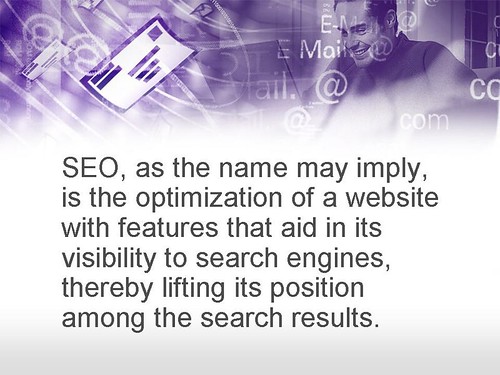Manufacturers of retails goods need to leverage their Facebook presences to manage product recalls more cost effectively.
Some companies like Johnson & Johnson are starting so see the damage product recalls are costing in the modern age of fast information sharing — the company estimates over $900 million in lost sales and related expenditures last year. The brand is just one example are one of many companies that have undergone recalls in the last year and are still working to regain customers’ trust.
Cautionary tale
Kraft experienced a big debacle last year of moldy kids’ juices — and the problem is still continuing — so the creation of a Facebook tab to help manage the issues started out as very proactive. Alas, the tab moved to the very back of the page within days.
Moms were upset and consumers visiting the Facebook page for moldy juice information (many times referred there by a friend) thought the the tab appeared was missing rather than moved. Kraft learned the hard way that moms and other concerned parties wound up going elsewhere for information. They Googled the issue and stumbled across any pages mentioning it — including the brand-damaging image shown to the right.
Then other moms who were upset looked for information on Facebook and found groups like “I wont buy CAPRI sun till it comes in a clear juice package!!” Such groups had only a couple hundred members and no centralized, authoritative source of information, but instead had lots of unverified information further fueling hatred of the company. Perhaps Kraft should have created a page just for recalls or even just the juice recall, and that would have preserved the brand’s integrity on the site.
Three questions
Here are three important questions for product managers to think about amid recalls:
- What does this mean for our search engine optimization?
What about the amplification risk?
What would the newest consumer find about the brand online?
In case the anecdote above hasn’t sold you on why a product recall is best managed on Facebook, below are three reasons.
Facebook is free
Besides a staff or the intelligence behind outbound communications, social media in general is free. Companies have brand pages that were no cost to setup. Tabs are free to setup. Interested consumers generally like products they use. Put together is a stage and microphone, what is your corporation saying? Read 44% of Fortune 50 Brands Show Facebook Icons.
Leverage your fans
If fans and consumers are going to spread seemingly harmful information to keep their friends safe, companies should be the initiator of the dialogue. There could be encouragement to share recall information or even incentives like discounts. Some companies even have Facebook commerce pages for shopping, support for recalls and exchanges could be easily integrated.
Communicate with customers
While silence tends to be seen as the best policy in a real-time updated world, silence immediately is seen as guilt and even worse so, the holding back of information from consumers. Quick updates, even if on Facebook pages is a way to engage and even remind fans as to why they are following you. Even if the news is the most positive to share, consumers would be reminded why they choose to connect themselves with you.
Consumers understand mistakes happen and are happy to get involved. Facebook offers many ways to share information with others and track how conversations travel — that provides one of the best ways to manage a recall.
Ellie Cachette is the Founder of ConsumerBell.

No comments:
Post a Comment